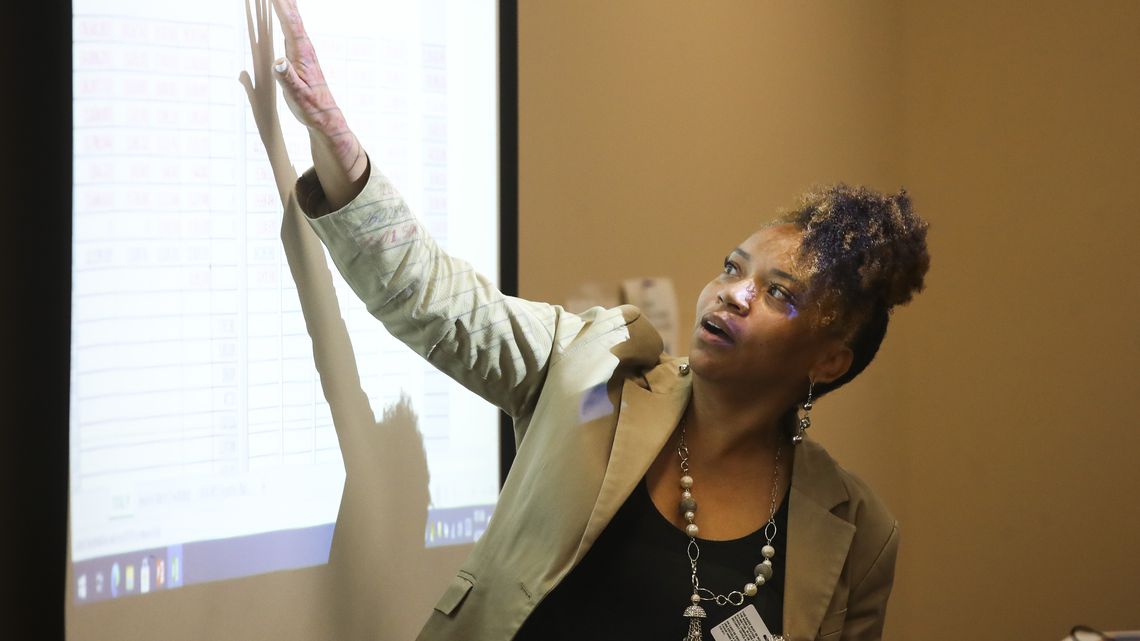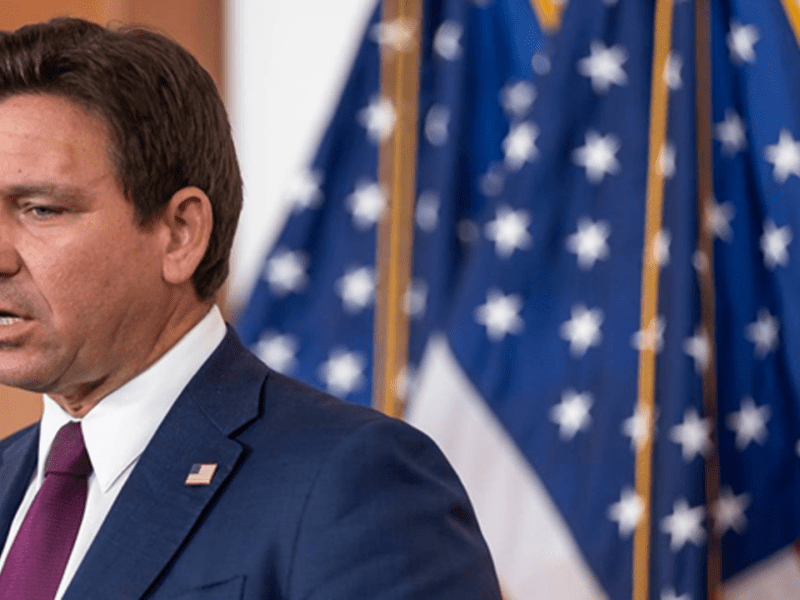
Can Hillsborough schools stop deficit spending? One plan could save $100M.
Budget revisions are under discussion as officials consider a new tax campaign.
Orlando Sentinel | By Marlene Sokol | December 2, 2021
Accounting changes, hiring controls, and state dollars to serve new students could pull the Hillsborough County school district out of a long pattern of deficit spending, a citizens committee was told this week.
Romaneir Johnson, the district’s chief financial officer, outlined her plan Wednesday to a financial advisory committee that has been meeting since September.
The plan is largely conceptual at this point. Johnson said she has not yet shown it to the School Board, and much of the data is either still being gathered or subject to change.
But, if successful, the plan could add about $100 million to the bottom line. Instead of the operational deficits that have plagued Hillsborough for years, the state’s third-largest district could end the year with a surplus.
Johnson said long-term adjustments are needed as district leaders consider mounting a campaign to raise property taxes.
Almost since he arrived in early 2020, superintendent Addison Davis has supported the idea of doing what Pinellas, Hernando and other Florida districts have done: asking for extra help to shore up schools with a special property tax renewable by voters every four years. Hillsborough taxpayers in 2018 approved a half-cent sales surtax for the schools. But that money can be used only for capital purchases, such as new air conditioners, and not ongoing expenses.
Hillsborough is under pressure from state education officials to make sure its main reserve fund stays above the state minimum of 2 percent of revenues. Bond rating firms also watch the reserves, and their reports affect interest rates when the district needs to borrows money.
Federal COVID-19 relief funds prevented Hillsborough in the last school year from falling below the 2 percent threshold. This year, district leaders say that under a worst-case scenario, the portion of the reserve that is not committed to any specific use could be 1.2 percent when the books close on June 30.
Johnson outlined four elements of her plan that could address both revenues and spending:
- As student enrollment is higher than originally projected, with more students than expected in district schools instead of independent charter schools, Hillsborough officials hope to get an additional $28.7 million from the state this year. They also can lower their payments to charter schools by $9.7 million.
- Johnson wants to be more systematic in using capital funds to pay for expenses that are capital in nature — such as building renovations, and some maintenance salaries. Roughly $35 million can be captured that way, she said.
- Federal grant money is not always spent the same year it is received. “We should be using today’s dollars on today’s kids,” Johnson said. She estimated $10 million can be tapped.
- The district has more than 1,000 job vacancies, and not all need to be filled, she said. Nor is it necessary to replace every employee who retires. By scrutinizing every position before hiring, Johnson believes the district can save another $30 million.
A district report showed that since September of 2020, the workforce has shrunk by 1,586 positions. But, while some of those reductions were planned, others reflect chronic employment shortages.
“Unfortunately, buried in the numbers are the unfilled vacancies of teachers and bus drivers that we really need,” said Rick Warrener, who chairs the financial advisory committee.
The committee voted to support the work Johnson is doing, while awaiting more details. She plans to bring a presentation to the School Board in February.





